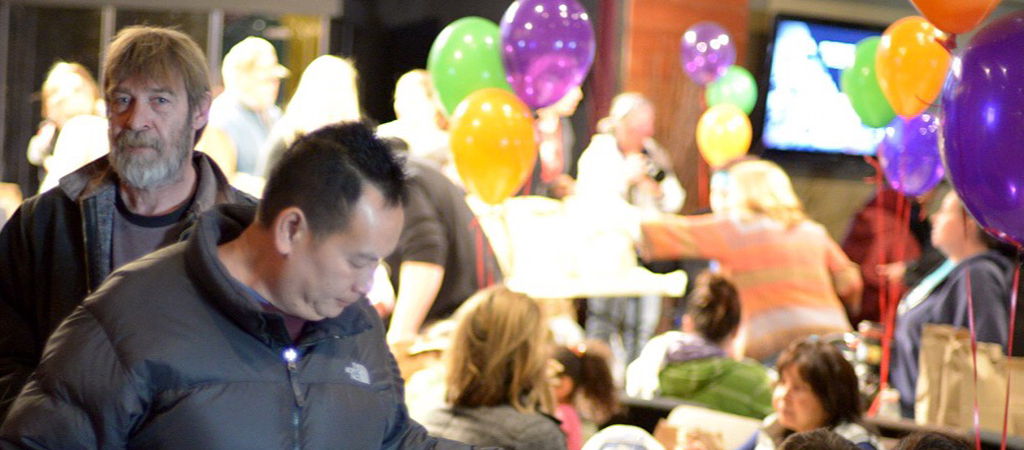Commit The Neighbor = Me Fiction Until…
One of our greatest human traits is compassion, which means, literally, “to suffer with another.” But this high art is seldom born in an instant as a response to watching the TV “news,” or even in response to firsthand experience.
More often compassion’s seeds are sewn via a preliminary magic known as empathy.
And empathy begins with a fictive act:
What would it be like to be that black girl four rows in front of me? a little white girl wonders in school one morning.
Her imagination sets to work, creating unwritten fiction. In her mind she becomes the black girl, dons her clothes, accent, skin, joins her friends after school, goes home to her family, lives that life. No firsthand experience is taking place. Nothing “newsworthy” is happening. Yet a white-girl-turned-fictitiously-black is linking skin hue to life, skin hue to choice of friends and neighborhood, skin hue to opportunity and history.
Words she used without thinking—African, color, white—feel suddenly different.
Via sheer fiction, empathy enters a human heart.
To be a Christian is to immerse oneself in unrestrained fiction making. Jesus’ words “Love thy neighbor as thyself,” to cite a famously ignored example, demand an arduous imaginative act. This deceptively simple line orders me, as I look at you, to imagine that I am seeing not you, but me, and then to treat this imaginative me, alias you, as if you are me. And for how long? Till the day I die!
Jesus orders anyone who’s serious about Him to commit the “Neighbor = Me” fiction until they forget for good which of the two of themselves to cheat in a business deal or abandon in crisis or smart-bomb in war—at which point their imaginative act, their fiction making, will have turned Christ’s bizarre words into a reality and they’ll be saying with Mother Teresa, “I see Christ in every woman and man.”
True, the ability to love neighbor as self is beyond the reach of most people. But the attempt to imagine thy neighbor as thyself is the daily work of every literary writer and reader I know. Literature’s sometimes troubling, sometimes hilarious depictions of those annoying buffoons, our neighbors, may be the greatest gift we writers give the world when they become warm-up exercises for the leap toward actually loving our neighbors.
Ernest Hemingway’s is the definitive statement about this: “Make it up so truly,” he said, “that later it will happen that way.”
This, I dare say, is Christ-like advice, not just to those practicing the art form known as fiction writing, but to anyone trying to live a faith, defend the weak, or sustain this world through love.
—David James Duncan, from his book God Laughs & Plays


Leave a Reply